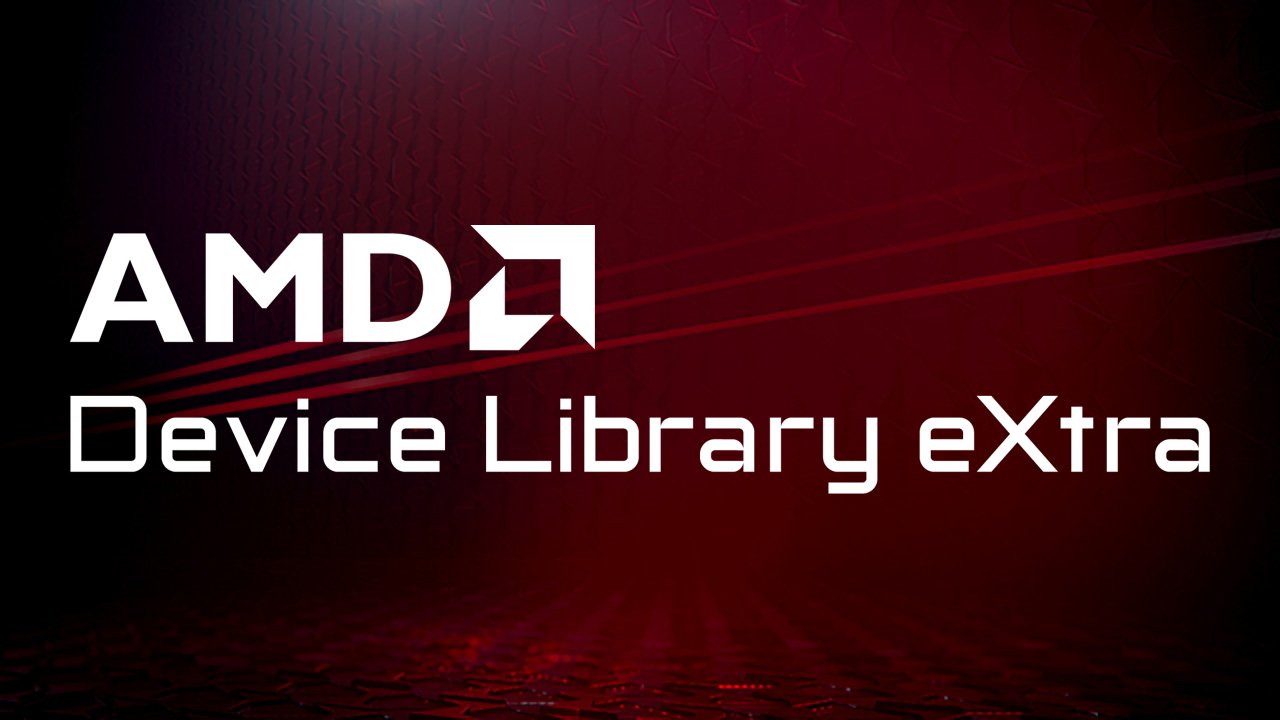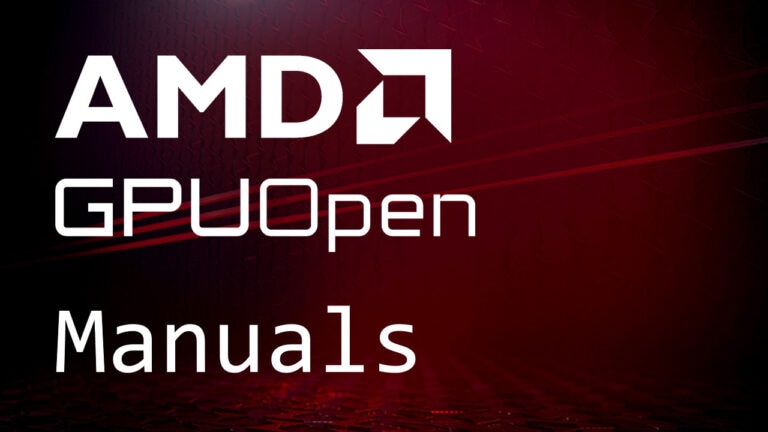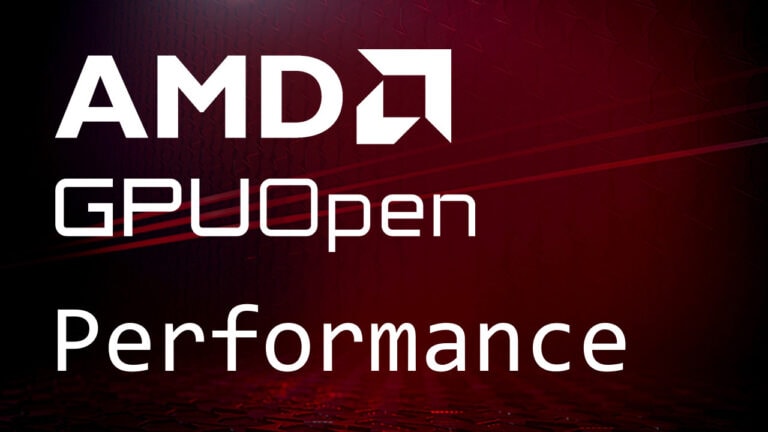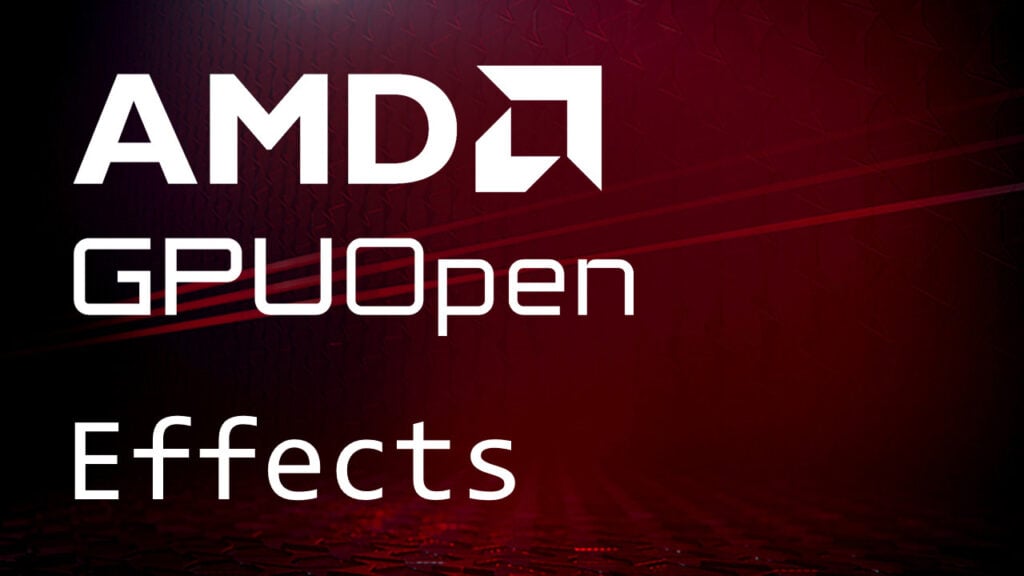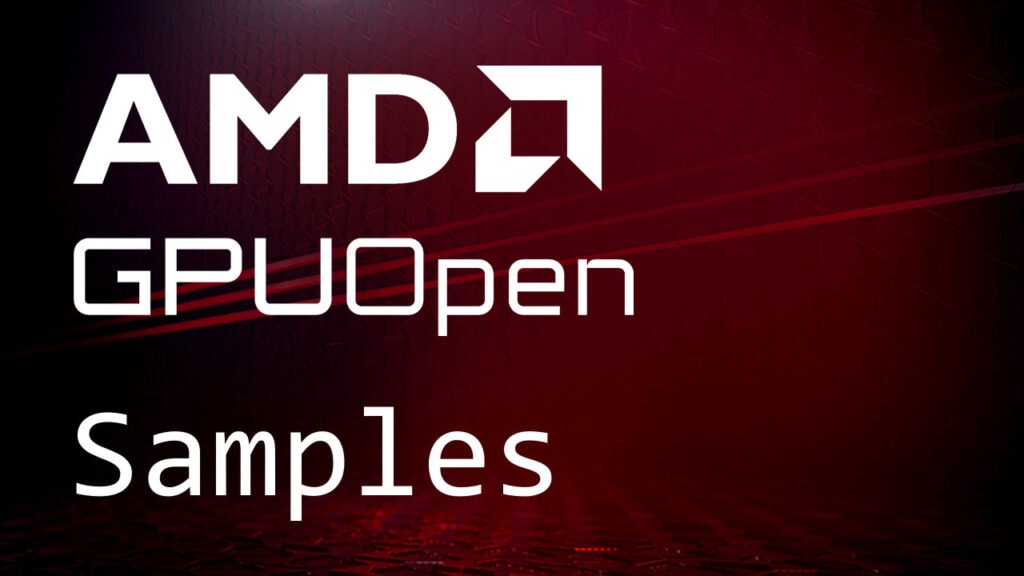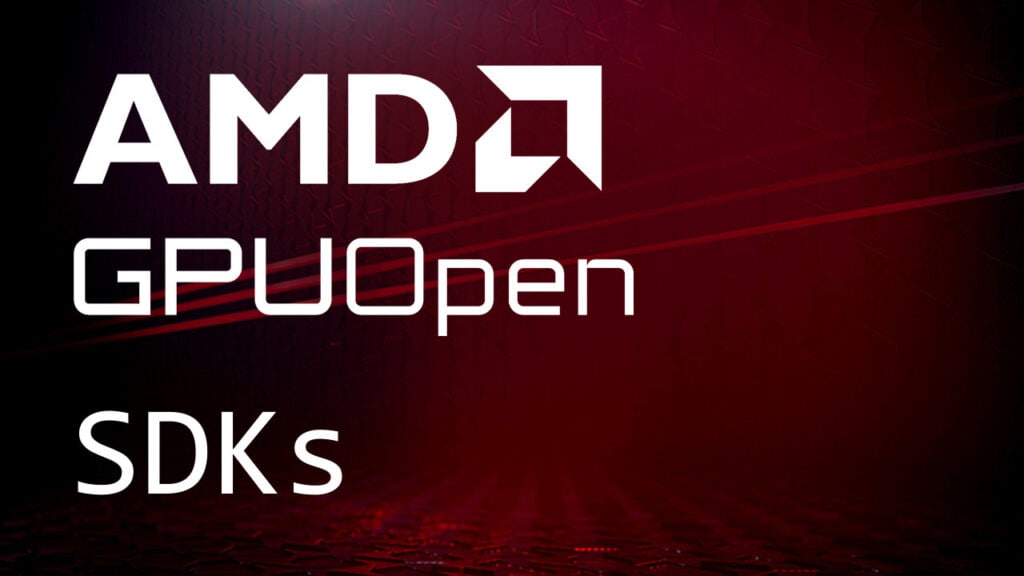DisplayEvents
Demontrates how to handle notifications about display change when programming with ADLX.
Sample Path
/Samples/CPP/Display/DisplayEvents
Code
//
// Copyright (c) 2021 - 2025 Advanced Micro Devices, Inc. All rights reserved.
//
//-------------------------------------------------------------------------------------------------
#include "SDK/ADLXHelper/Windows/Cpp/ADLXHelper.h"
#include "SDK/Include/IDisplay3DLUT.h"
#include "SDK/Include/IDisplayGamma.h"
#include "SDK/Include/IDisplayGamut.h"
#include "SDK/Include/IDisplays.h"
#include <iostream>
#include <string>
#include <thread>
// Use ADLX namespace
using namespace adlx;
// ADLXHelper instance
// No outstanding interfaces from ADLX must exist when ADLX is destroyed.
// Use global variables to ensure validity of the interface.
static ADLXHelper g_ADLXHelp;
// Callback for displayListChanged
class DisplayListChangedCallBack : public IADLXDisplayListChangedListener
{
public:
adlx_bool ADLX_STD_CALL OnDisplayListChanged(IADLXDisplayList* pNewDisplays) override
{
std::cout << "Display list has been changed" << std::endl;
// If true is returned ADLX continues to notify next listener else if false is retuned ADLX stops the notification.
return true;
}
};
// Callback for displayGamutChanged
class DisplayGamutCallBack : public IADLXDisplayGamutChangedListener
{
public:
adlx_bool ADLX_STD_CALL OnDisplayGamutChanged(IADLXDisplayGamutChangedEvent* pDisplayGamutChangedEvent) override
{
std::cout << "Display gamut is changed" << std::endl;
// If true is returned ADLX continues to notify next listener else if false is retuned ADLX stops the notification.
return true;
}
};
// Callback for displayGammaChanged
class DisplayGammaCallBack : public IADLXDisplayGammaChangedListener
{
public:
adlx_bool ADLX_STD_CALL OnDisplayGammaChanged(IADLXDisplayGammaChangedEvent* pDisplayGammaChangedEvent) override
{
std::cout << "Display gamma is changed" << std::endl;
IADLXDisplayPtr display;
ADLX_RESULT res = pDisplayGammaChangedEvent->GetDisplay(&display);
if (ADLX_SUCCEEDED (res))
{
const char* displayName = nullptr;
display->Name(&displayName);
adlx_bool changed = pDisplayGammaChangedEvent->IsDeGammaChanged();
std::cout << "\\tDisplay: " << displayName << " DeGamma changed: " << changed << std::endl;
changed = pDisplayGammaChangedEvent->IsReGammaChanged();
std::cout << "\\tDisplay: " << displayName << " ReGamma changed: " << changed << std::endl;
changed = pDisplayGammaChangedEvent->IsGammaCoefficientChanged();
std::cout << "\\tDisplay: " << displayName << " Gamma Coefficient changed: " << changed << std::endl;
changed = pDisplayGammaChangedEvent->IsGammaRampChanged();
std::cout << "\\tDisplay: " << displayName << " Gamma Ramp changed: " << changed << std::endl;
}
// If true is returned ADLX continues to notify next listener else if false is retuned ADLX stops the notification.
return true;
}
};
// Callback for display3DLUT
class Display3DLUTCallBack : public IADLXDisplay3DLUTChangedListener
{
public:
adlx_bool ADLX_STD_CALL OnDisplay3DLUTChanged(IADLXDisplay3DLUTChangedEvent* pDisplay3DLUTChangedEvent) override
{
std::cout << "Display 3DLUT is changed" << std::endl;
// If true is returned ADLX continues to notify next listener else if false is retuned ADLX stops the notification.
return true;
}
};
// Loop thread
void LoopThread();
// Wait for exit with error message
int WaitAndExit(const char* msg, const int retCode);
int main()
{
// Define return code
ADLX_RESULT res = ADLX_FAIL ;
// Initialize ADLX
res = g_ADLXHelp.Initialize();
if (ADLX_SUCCEEDED (res))
{
// Get display services
IADLXDisplayServicesPtr displayService;
res = g_ADLXHelp.GetSystemServices()->GetDisplaysServices(&displayService);
if (ADLX_SUCCEEDED (res))
{
// Get display change handler
IADLXDisplayChangedHandlingPtr displayChangeHandler;
res = displayService->GetDisplayChangedHandling(&displayChangeHandler);
if (ADLX_FAILED (res))
return WaitAndExit("Failed to get display change handler", 0);
// Create the callbacks
IADLXDisplayListChangedListener* listChangeCallBack = new DisplayListChangedCallBack;
IADLXDisplayGammaChangedListener* gammaChangeCallBack = new DisplayGammaCallBack;
IADLXDisplayGamutChangedListener* gamutChangeCallBack = new DisplayGamutCallBack;
IADLXDisplay3DLUTChangedListener* display3DLUTChangeCallBack = new Display3DLUTCallBack;
// Add the callbacks to the ADLX event handler
{
displayChangeHandler->AddDisplayListEventListener(listChangeCallBack);
displayChangeHandler->AddDisplayGammaEventListener(gammaChangeCallBack);
displayChangeHandler->AddDisplayGamutEventListener(gamutChangeCallBack);
displayChangeHandler->AddDisplay3DLUTEventListener(display3DLUTChangeCallBack);
}
// Create loop thread for wait event
std::thread loop(&LoopThread);
loop.join();
// Remove and destroy callbacks
displayChangeHandler->RemoveDisplayGamutEventListener(gamutChangeCallBack);
displayChangeHandler->RemoveDisplayListEventListener(listChangeCallBack);
displayChangeHandler->RemoveDisplay3DLUTEventListener(display3DLUTChangeCallBack);
displayChangeHandler->RemoveDisplayGammaEventListener(gammaChangeCallBack);
delete listChangeCallBack;
listChangeCallBack = nullptr;
delete gamutChangeCallBack;
gamutChangeCallBack = nullptr;
delete gammaChangeCallBack;
gammaChangeCallBack = nullptr;
delete display3DLUTChangeCallBack;
display3DLUTChangeCallBack = nullptr;
}
else
{
std::cout << "Failed to get display services: " << res << std::endl;
}
}
else
{
return WaitAndExit("ADLX initialization failed", 0);
}
// Destroy ADLX
res = g_ADLXHelp.Terminate();
std::cout << "Destroy ADLX result: " << res << std::endl;
// Pause to see the printout
system("pause");
return 0;
}
// Loop thread
void LoopThread()
{
std::cout << "Loop thread is currently running." << std::endl;
std::cout << "-> Plug or unplug the display to trigger DisplayListChange, which will further trigger other changes." << std::endl;
std::cout << "->Press Q/q to terminate the loop." << std::endl;
int num = 0;
std::chrono::seconds dura(1);
while ((num = getchar()) != 'q' && num != 'Q')
{
std::cout << "Wait for the event to get triggered. The display can be pluged or unpluged to trigger DisplayListChange." << std::endl;
std::this_thread::sleep_for(dura);
num = getchar();
if (num == 'q' || num == 'Q')
break;
}
}
// Wait for exit with error message
int WaitAndExit(const char* msg, const int retCode)
{
// Printout the message and pause to see it before returning the desired code
if (nullptr != msg)
std::cout << msg << std::endl;
system("pause");
return retCode;
}



